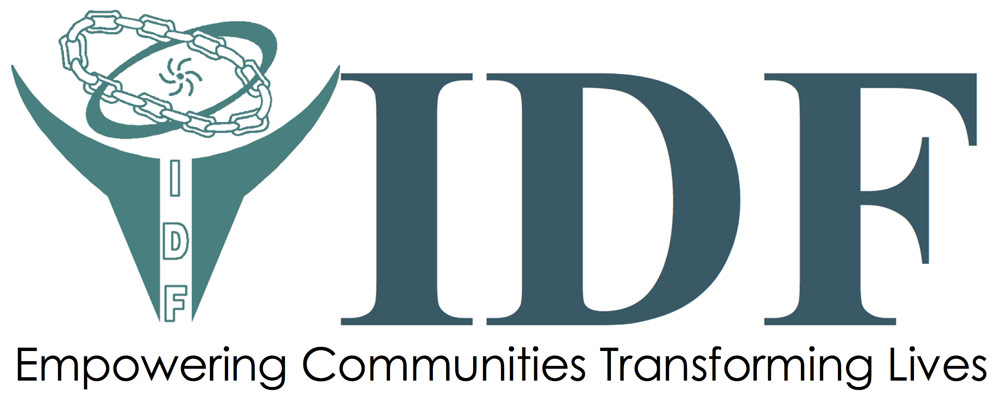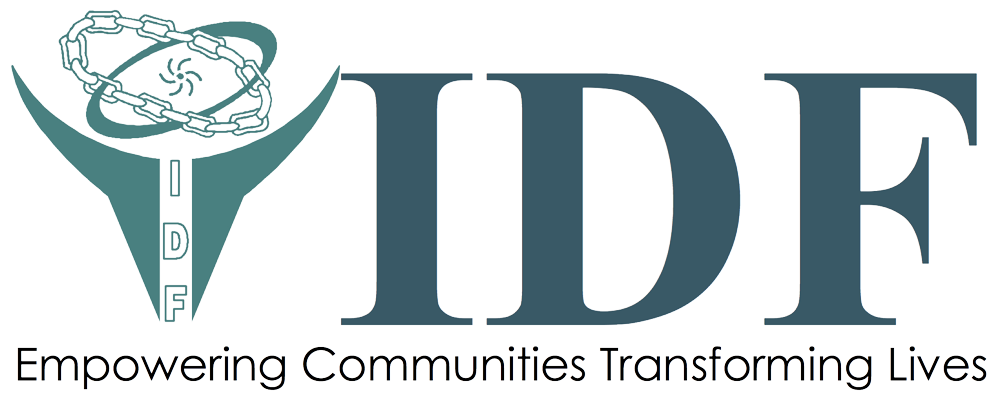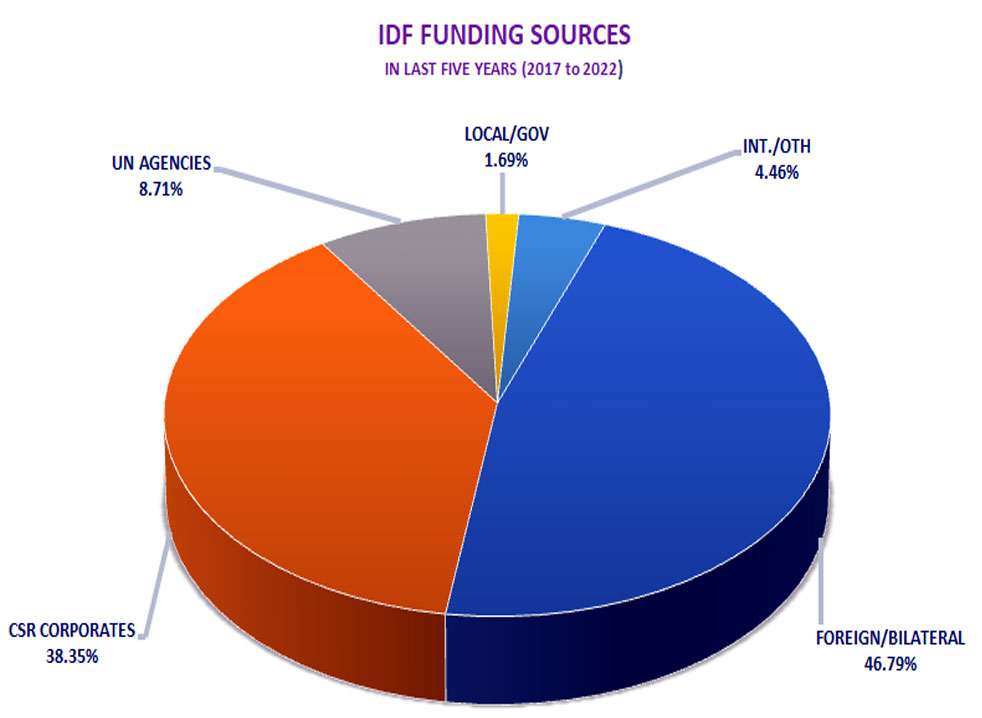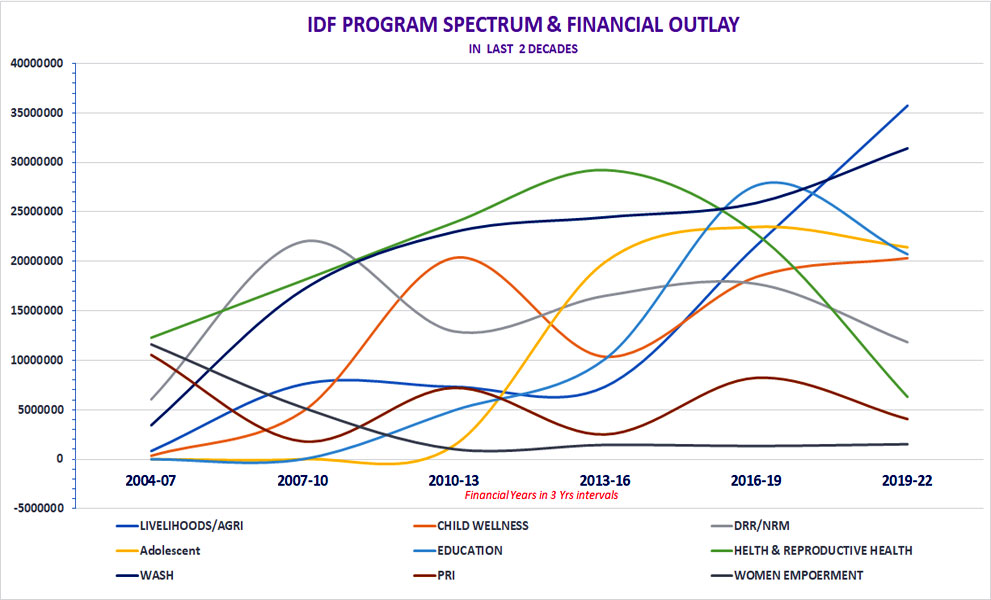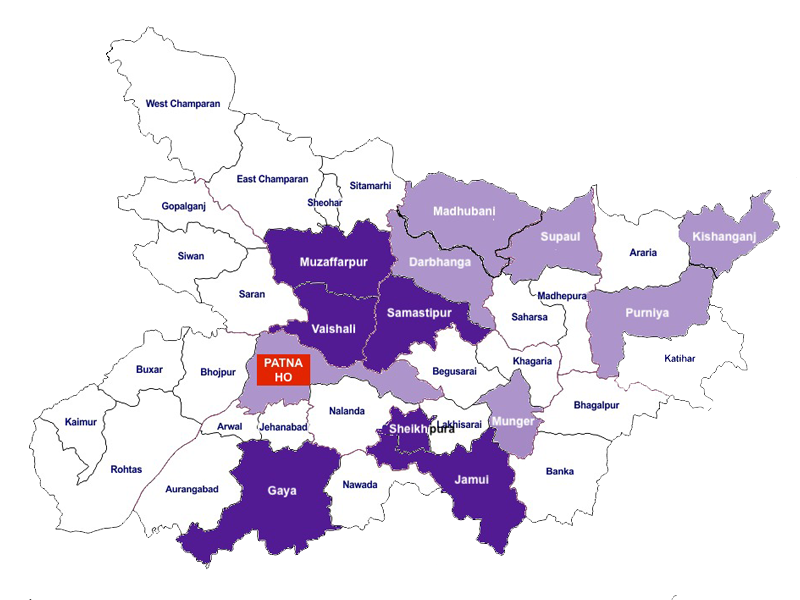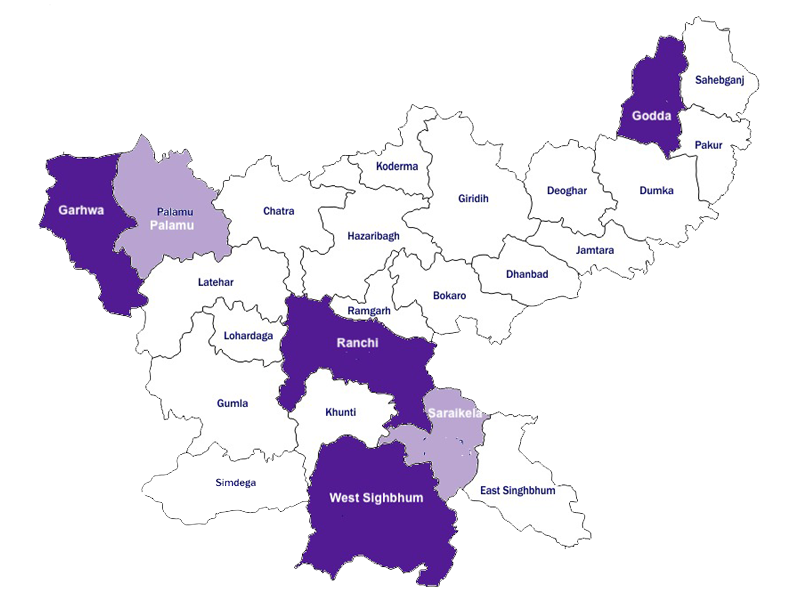Empowering Communities, Transforming Lives
Integrated Development Foundation
Founded in 1993 by a group of young development professionals, Integrated Development Foundation (IDF) is advocating for social change impetus to transform and empower marginalized social groups. It has been working for nearly 27 years to raise aspirations and improve everyday life for the most underprivileged and excluded section of the society.
The organization aims to create sustainable rural development which is guided by three operating principles: strengthening community institutions by fostering community-based leadership; capacity building and collaboration with the government functionaries; and leveraging women’s empowerment on social, political and economic indicators
THEMATIC FOCUS/DOMAINS

Vision
To build an egalitarian society in which all community members can realize their right to a life of quality and dignity

Mission
To ensure better health, security and well-being for the poorest and most deprived members of rural communities.

Values
| Collaborative: | work in collaboration |
| Accountability: | towards community and partners |
| Transparency: | to all external and internal stakeholders |
| Honesty: | be honest on its conduct in all manners |
Our Reach
Speaker's Note


